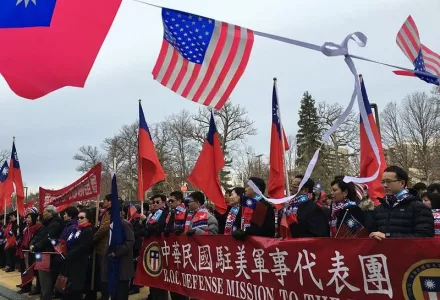Exploitative Friendships: The Origin of Variation in Junior Partner Alliance Behavior
Speaker: Mayumi Fukushima, International Security Program/Project on Managing the Atom Postdoctoral Fellow
This seminar offers a new realist theory about what causes the differences among junior allies and should be able to contribute to current scholarly debates over whether the United States should strengthen its security commitments to its allies in different regions — and help answer critical policy questions such as: Should the United States maintain its strategic ambiguity with regard to Taiwan, and if the United States were to end some of its legacy alliances, where could it start retrenching safely without causing instability?
Everyone is welcome to join us online via Zoom! Please register in advance for this seminar:
https://harvard.zoom.us/meeting/register/tJElcO-urTMiHtGEpMz0-cd-4iYltLxtWSuj


